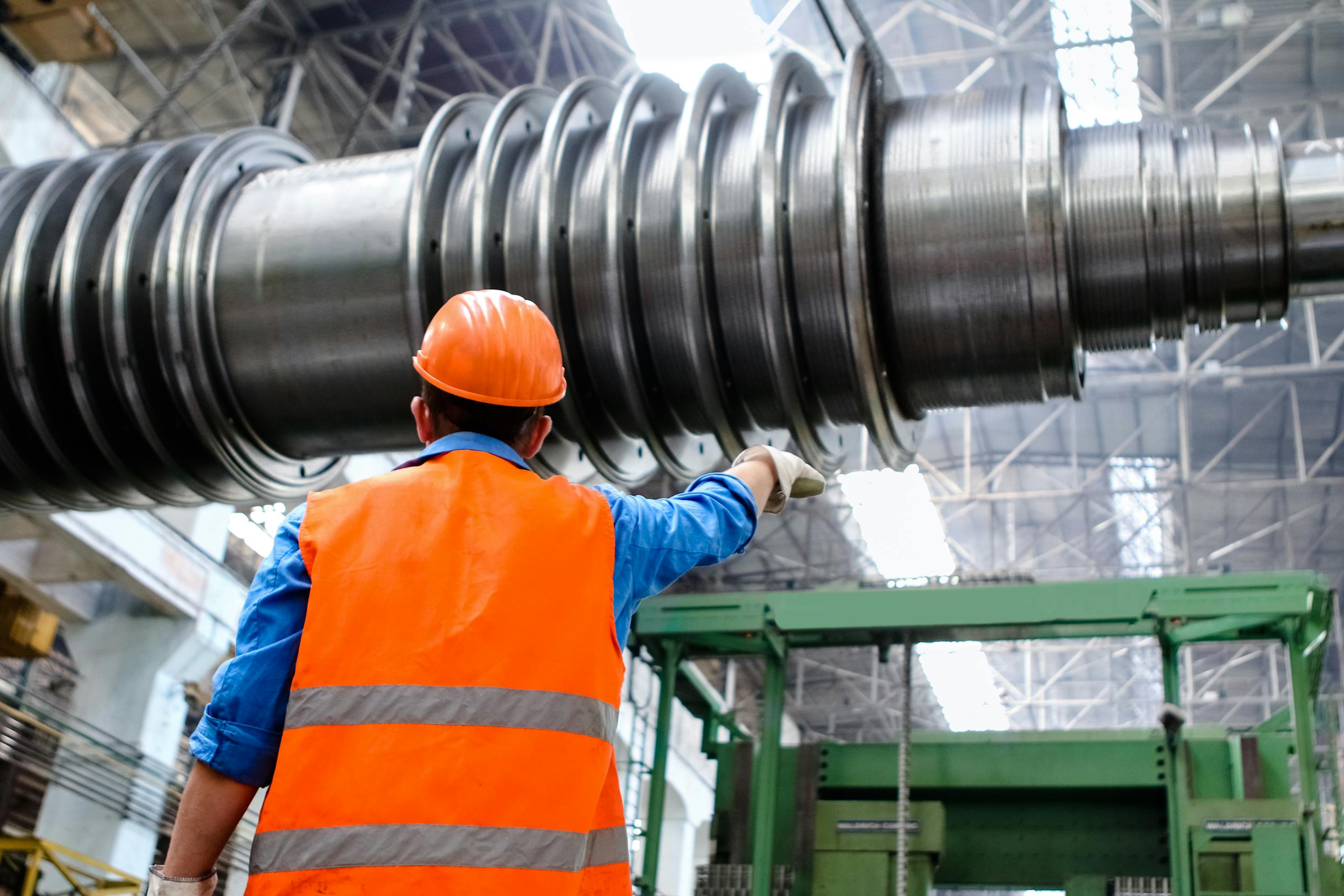Construction Phases
Construction and building inspectors ensure that structures such as buildings, bridges, dams, highways, streets, sewer, and water systems meet safety regulations. They also assess electrical systems, heating, ventilation, air-conditioning, refrigeration (HVACR) systems, and plumbing installations. Inspectors typically evaluate a project multiple times: an initial assessment during the early stages of construction followed by additional inspections as the work advances, culminating in a thorough examination upon completion. During each visit, they may offer either written or verbal feedback regarding their observations.






Construction Phases Steps
Periodic field inspections, during duration of construction, of all MEP designs provided by the in-house engineering staff, plus final MEP punch list.
Review of all shop drawings, RFIs and change orders associated with the MEP designs provided by in-house engineering staff.
Attend construction coordination meetings with all project sub-contractors.
Review and respond to inspection reports by inspecting authorities.
Attend factory testing of MEP systems.
Attend regular construction meetings.
Attend inspections of fire alarm systems with fire departments.
Assist building owners and agencies in negotiation of change order associated with MEP systems.
Issue amendments to drawings filed with governing authorities to reflect owner requested design changes or to as result of responses to RFIs.
Provide MEP conformance construction drawings at completion of construction.
Assist owners with construction contract administrative close out work related to MEP systems.
Conduct factory testing of MEP system.
Provide technical assistance to contractors and construction managers during MEP systems construction phase to verify codes compliance, compliance with design intent, overall quality assurance in construction of MEP systems, verify accuracy of RFI responses by Engineers of Records (EORs), assist in resolution of MEP systems conflicts and/or unforeseen filed conditions, assist on resolution of objections from building inspectors, provide assistance to MEP systems commissioning agents and for startup of MEP systems.
